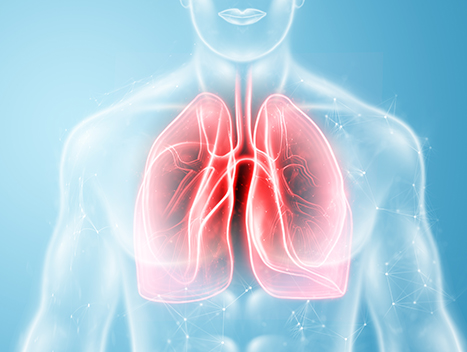Functions and common disorder
Introduction
The respiratory system plays an essential role to our general health because it allows us to breathe and get the oxygen our bodies require to function. In this blog post, we will look at the respiratory system’s basic functions, major components, and frequent respiratory illnesses that can influence our breathing and health.
Respiratory System Anatomy:
The respiratory system is made up of various interrelated organs and tissues. The nose, mouth, throat (pharynx and larynx), trachea, bronchi, bronchioles, and lungs are among them. Understanding the architecture of these components allows us to better understand how they interact to support respiration.
Respiratory System Functions:
The respiratory system’s principal functions are as follows:
Pulmonary Ventilation:
The process of inhaling and exhaling air ensures a constant flow of oxygen into the lungs and the elimination of carbon dioxide.
Gas Exchange:
Gas exchange occurs in the lungs’ alveoli, where oxygen from breathed air diffuses into the bloodstream and carbon dioxide, a waste product, flows from the bloodstream into the alveoli to be expelled.
Regulation of Acid-Base Balance:
The respiratory system aids in the maintenance of acid-base balance in our bodies by controlling carbon dioxide removal, which regulates blood pH.
Common Respiratory Disorders:
Asthma: Asthma is a chronic disorder characterised by inflammation and constriction of the airways, resulting in frequent bouts of wheezing, coughing, chest tightness, and shortness of breath.
Chronic Obstructive Pulmonary illness (COPD):
A progressive lung illness caused mostly by long-term exposure to toxic chemicals such as cigarette smoke. COPD includes illnesses such as chronic bronchitis and emphysema, which cause breathing difficulties.
Pneumonia:
A lung infection caused by bacteria, viruses, or fungus. It causes inflammation of the lungs’ air sacs, resulting in symptoms such as coughing, fever, chest pain, and difficulty breathing.
Lung Cancer:
A malignant tumour that begins in the lungs and is frequently linked to long-term cigarette use or exposure to environmental contaminants. If not diagnosed and treated early, lung cancer can impair breathing and spread to other parts of the body.
How to keep your respiratory system healthy?
- Avoid smoking, Smoking causes cancer, Heart disease, Chronic obstructive pulmonary disease (COPD), etc.
- Maintain a healthy diet.
- Stay away from harmful environments such as dust, air pollution, etc.
Conclusion:
The respiratory system is a sophisticated and necessary system that allows us to breathe and live. Understanding its functions and prevalent problems allows us to grasp how important it is to maintain excellent respiratory health. We may help our respiratory system and general health by adopting healthy habits such as not smoking, getting regular exercise, and maintaining adequate air quality.

